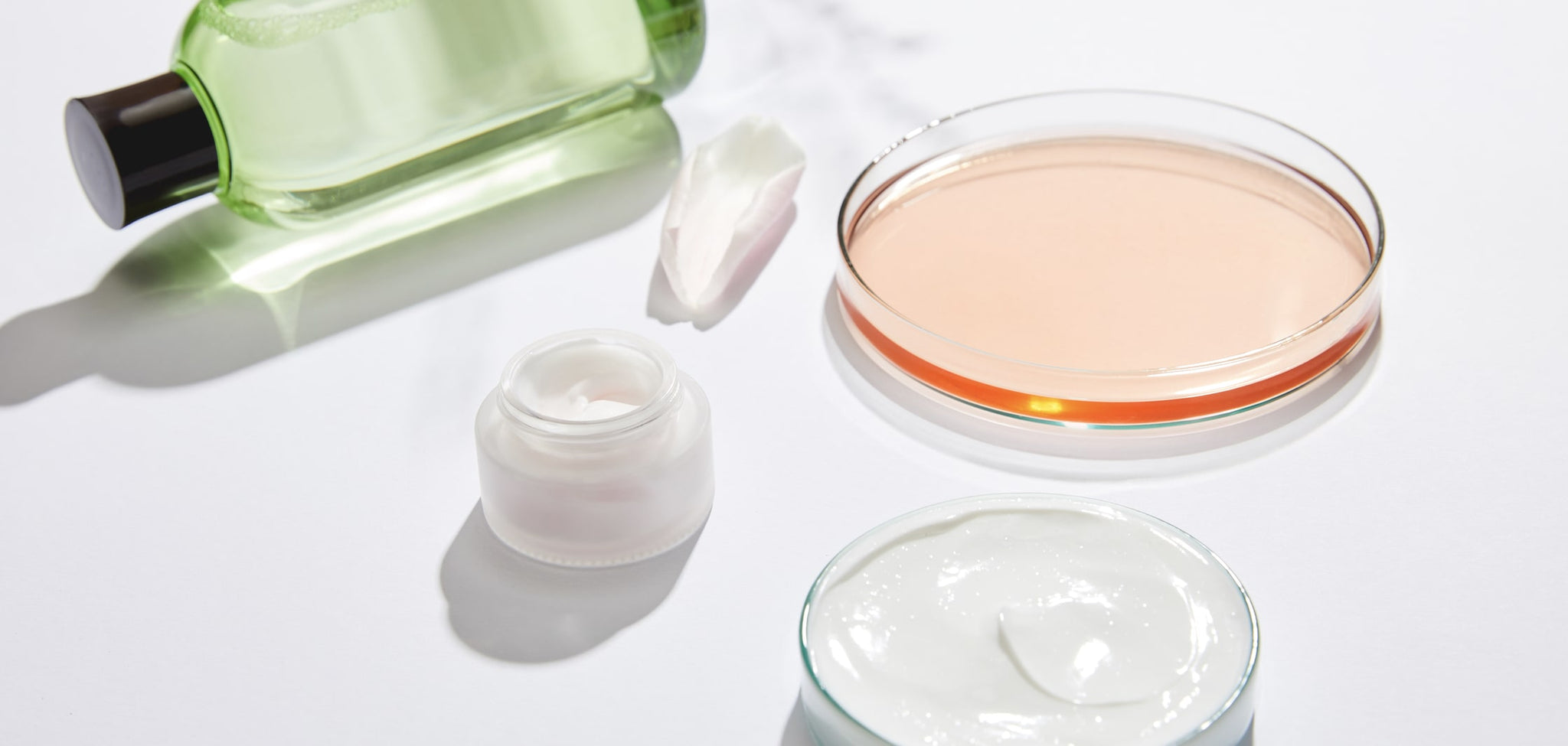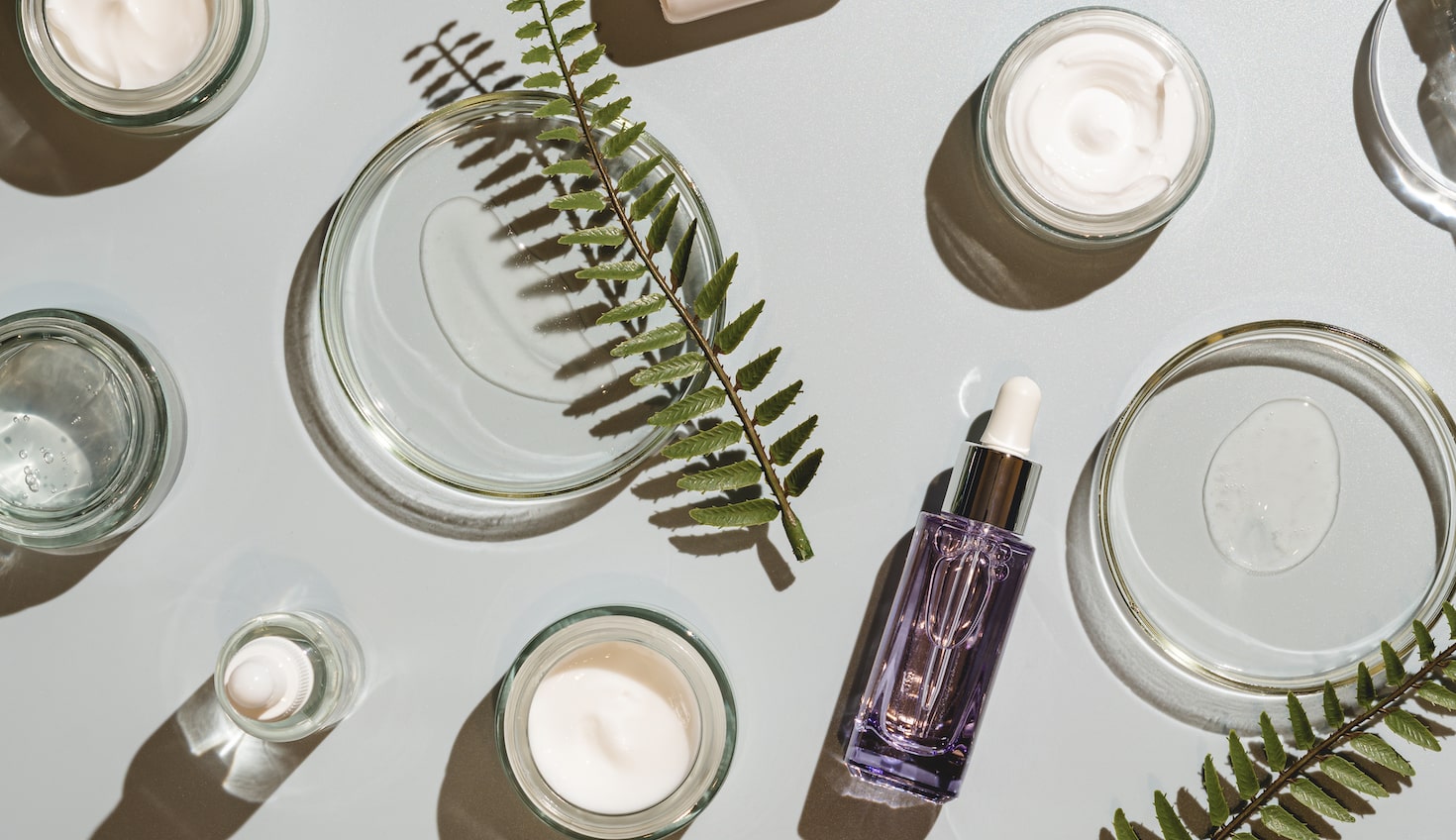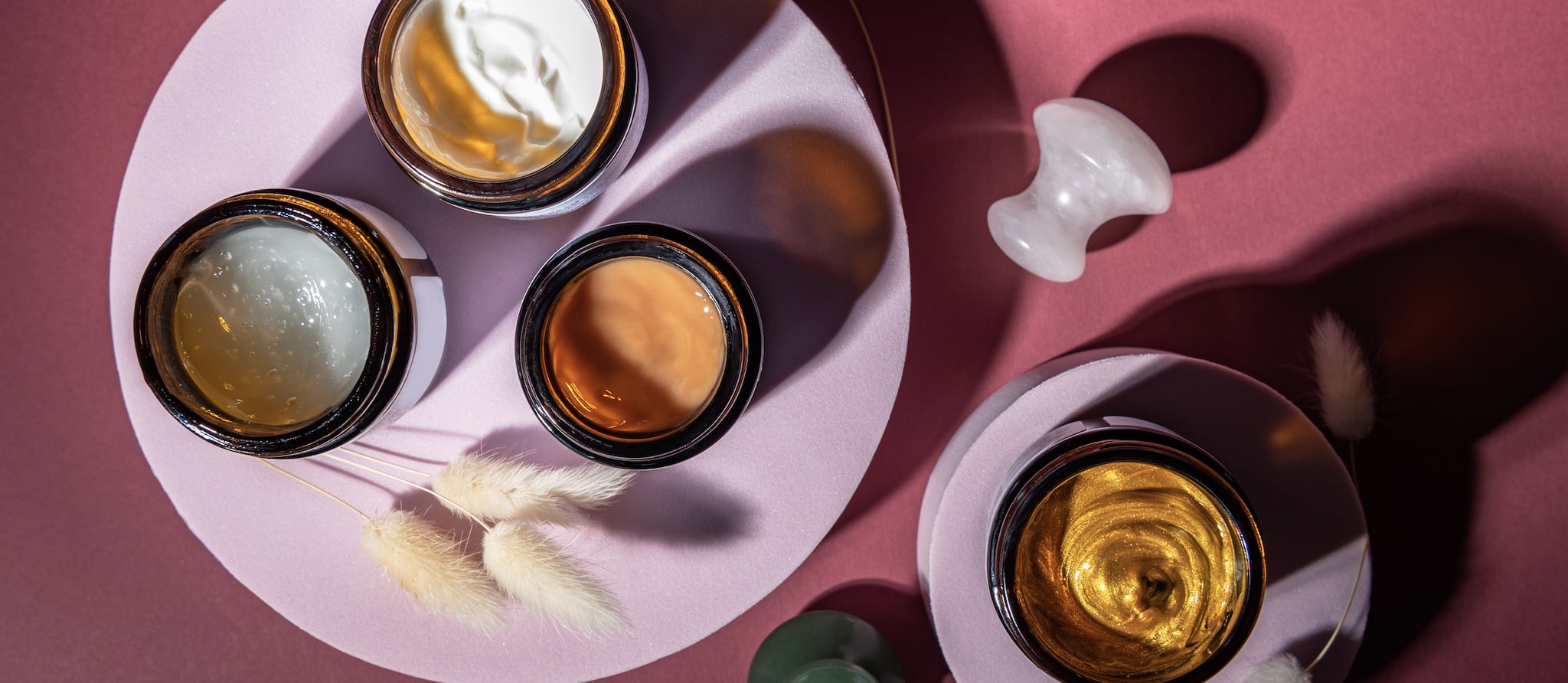Urea: What Is It? Why Is It in Cosmetics? Why Avoid it?
Urea, CO(NH2)2, brings advantages to multiple fields. In agriculture, it can be a go-to fertilizer, providing essential nitrogen. And, yes, somehow a nitrogen-aiding fertilizer ingredient finds its way into cosmetics:
Urea acts as a humectant, attracting and retaining moisture in the skin. This makes urea a popular ingredient in moisturizers, creams, and other skincare and cosmetic formulas. In fact, it's in many common products:

You might see urea in products ranging from antiperspirants and deodorants to sunless tanning products. It's a common ingredient in mascaras, aftershaves, and various hair care items like shampoos, conditioners, styling mousses, and foams. . . .
. . . You'll also find it in foundations, nail polishes, and treatments for cuticles and lips. In the realm of skincare, urea features prominently in facial cleansers, acne treatments, anti-aging creams, eye creams, body lotions, and facial moisturizers.
Its versatility and moisturizing properties make it a popular choice across multiple product categories in the cosmetics industry.
The beneficial humectant properties can help prevent makeup from drying out, ensuring a smooth application. Urea can also help produce an even makeup texture, making foundation and other products glide on smoothly.
Despite the benefit of urea being a humectant, some may experience sensitivity or irritation when using products with urea, especially if they have sensitive skin. But that's not all:
Urea in Cosmetics Skincare: Potential Risks and Concerns
Studies suggest urea can release formaldehyde, a carcinogen, and may cause skin irritation and other health issues.
Those with sensitive skin should be especially wary as urea has been linked to allergic reactions. These findings underscore the importance of informed consumer choices and continued research into skincare ingredients.

Questions and Answers About Urea in Makeup and Skincare
What is urea, and how does it differ in makeup versus its role in the human body?
Urea is a compound composed of carbon, nitrogen, oxygen, and hydrogen, with the chemical formula CO(NH2)2. In the human body, urea is a waste product formed during the breakdown of proteins and amino acids in the liver. It is then excreted through urine by the kidneys as a means of eliminating excess nitrogen from the body. Urea plays a crucial role in maintaining nitrogen balance and overall metabolic function in humans.
In makeup and skincare products, urea serves a different purpose. It is often included as a humectant, a substance that helps attract and retain moisture in the skin. As a humectant, urea can help hydrate and soften the skin, making it a popular ingredient in moisturizers, creams, and other cosmetic formulations.
Unlike its role in the body as a waste product, urea in makeup is utilized for its moisturizing properties to improve the texture and hydration of the skin.

What are the potential benefits and drawbacks of using urea in skincare and makeup products?
In skincare and makeup products, urea offers several potential benefits. As a humectant, it helps to draw moisture into the skin, keeping it hydrated and supple. Additionally, urea can act as a keratolytic agent, aiding in exfoliation and promoting cell turnover, which can lead to smoother, more radiant skin.
As aforemetnioned, some individuals may experience sensitivity or irritation when using products containing urea, particularly if they have sensitive skin or allergies. It's essential to perform a patch test before using such products, especially if you have a history of adverse reactions to skincare ingredients.
Is urea sourced differently for use in makeup compared to its natural occurrence in the body?
Yes, the urea used in makeup and skincare products is typically synthetic and produced through chemical processes. This synthetic urea is formulated to meet specific purity and quality standards for cosmetic applications. In contrast, urea in the human body is a natural byproduct of metabolic processes and is produced internally by the liver.
While the chemical structure of synthetic urea is identical to that of naturally occurring urea, they are sourced and utilized differently in makeup versus biological processes.
Are there alternatives to urea in makeup and skincare for those with sensitive skin or seeking natural ingredients?
Yes, there are several alternatives to urea for individuals with sensitive skin or those seeking natural skincare options. Ingredients such as glycerin, hyaluronic acid, aloe vera, and various plant extracts can offer similar humectant properties without the potential for irritation associated with urea. These natural alternatives provide hydration and moisture retention benefits, making them suitable choices for sensitive skin types or those looking to avoid synthetic compounds in their skincare routines.
What's hydroxyethyl urea?
Hydroxyethyl urea, derived from urea, is a strong moisturizer that helps keep skin hydrated and elastic. It locks in moisture, making the skin's outer layer healthy and moisturized. It's as moisturizing as glycerin but feels better on the skin because it's not sticky or tacky. When applied, it gives a smooth and moist sensation to the skin.
Is urea okay in skincare and makeup?
Fortunately, the beauty world offers a range of alternative humectants that can provide similar benefits. Ingredients like glycerin, hyaluronic acid, or natural plant extracts like aloe vera can offer hydration and moisture retention properties without the use of urea. Thank you, mother nature! Because Heal Yes! caters to those with especially sensitive skin, we avoid urea in all formulas; Heal Yes! never uses urea.































